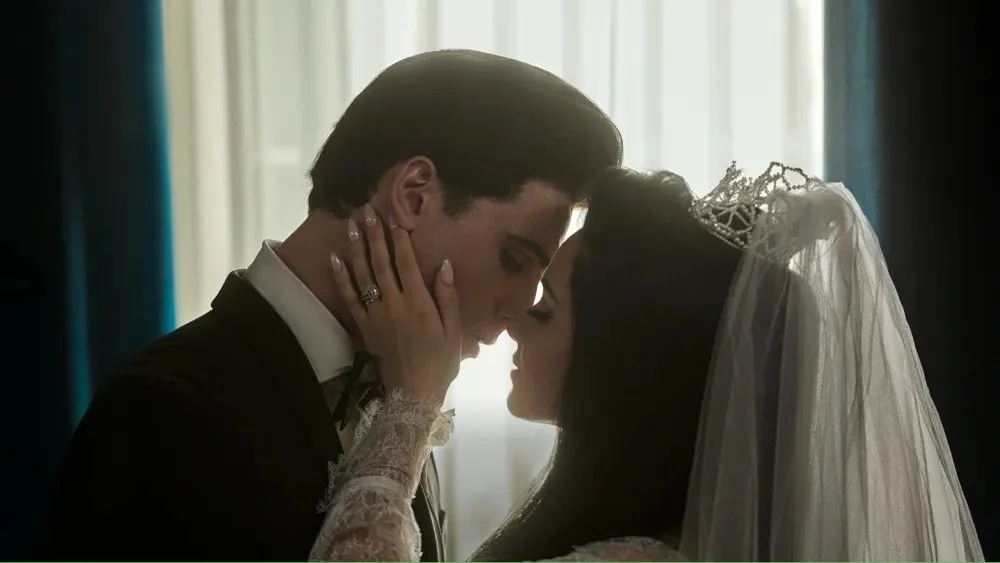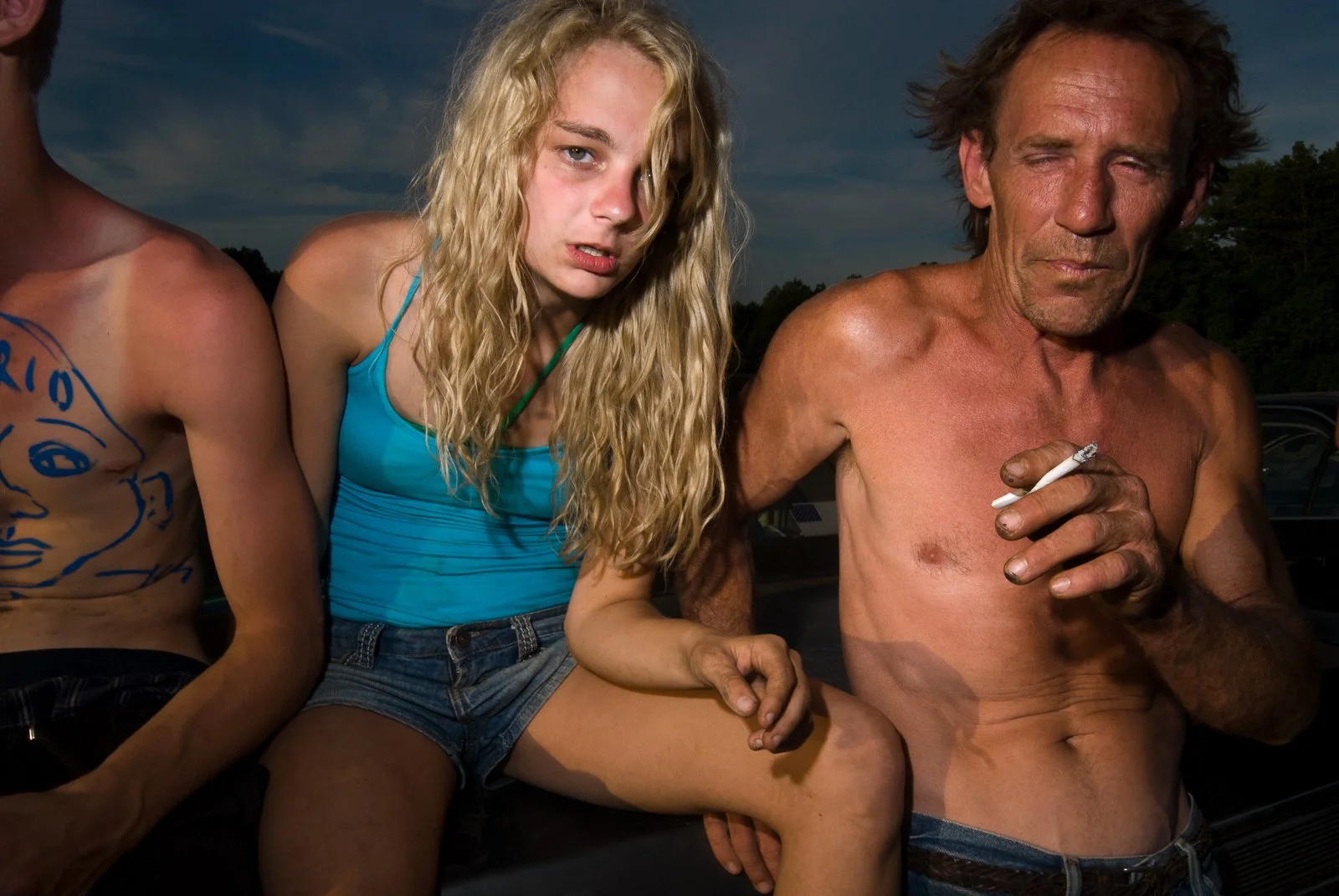“Her haters like to dismiss her as the embodiment of MTV’s last gasp of relevancy, or just plain 2010s trash. But back when Disney stars still donned purity rings, Abraham advocated for safe sex, and her 2012 album My Teenage Dream Ended basically invented hyperpop. She also publicly navigated domestic abuse, grief, and mental health issues back when “trauma” wasn’t a national buzzword.
I remember being utterly transfixed when I watched Abraham’s episode of 16 and Pregnant on the floor of my friend’s bedroom. And when I discovered My Teenage Dream Ended years later, it was more of the same: Abraham’s voice gripped me and never let go. ”
“The Girlfriend, in exchange for unwavering devotion, is usually paid in rent, expensive dinners, clothes, grooming upkeep, or social capital. If she plays her cards right, she can weaponise dependence early on, save money like a well-set child-star, and invest in the ‘right man’. Ideally, she receives a ring and a fairy tale ending. If he misbehaves, there is alimony and perhaps name recognition (as was the case for the real-life Priscilla Presley).
The strictures are twofold and contradictory: The Girlfriend chooses a rich man for love.”
Priscilla shows us how to be The Girlfriend
Rebecca Loftin, To Be Magazine
Vân-Nhi Nguyễn Crafts a New Portrait of Vietnam
“Hanoi-based photographer Vân-Nhi Nguyễn uses family portraits to reconstruct Vietnam’s past.
A woman sits on a bed in a black tank top and floral shorts, staring directly at the camera. Two large strips of transparent lighting gel are laid out on the bed in front of her, giving the quilt a slick, watery sheen, as if the entire bed had been waterlogged. Behind her hangs a digital print of a tropical beach. Although there are beaches all over Vietnam, the decoration in this particular apartment feels at least three degrees separated from the real world.”
- Rebecca Loftin, To Be Magazine
Blackout at the YMCA
“Retroactively, we might consider this album the final act of a Shakespearan tragedy; a fierce, albeit doomed bid for expression against enemies both abstract and literal. On February 1st, 2008, less than three months after Blackout’s release, Spears was placed under a grueling, exploitative conservatorship that lasted nearly fourteen years. The real-life story surrounding those fourteen years—the non-stop touring, the financial and emotional abuse—makes it hard to look at Blackout as anything but a final battle hymn, one in which the hero hasn’t yet learned they will lose. ”



